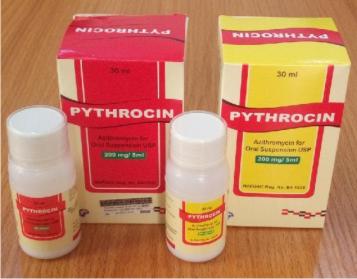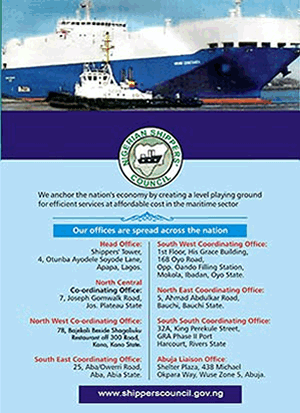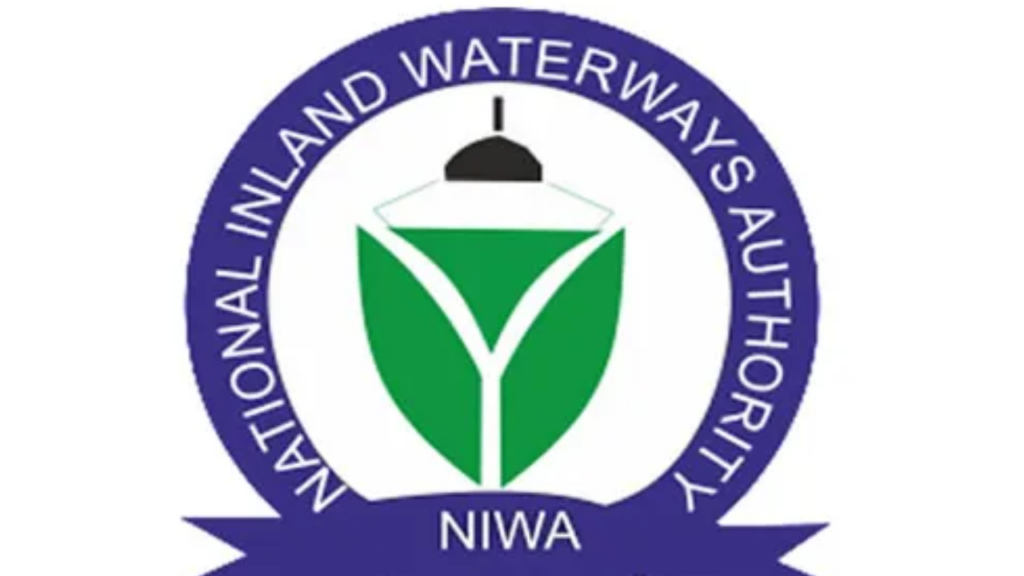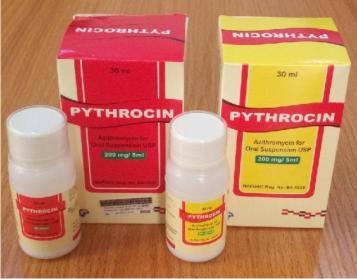
BY GODWIN OBI
President Bola Tinubu on Tuesday condemned the attack in Plateau State, describing it as heinous.
Gunmen had stormed the over 15 communities in the Bokkos and Barkin-Ladi Local Government Areas of the state on Christmas Eve, killing over 115 people.
Several houses were set ablaze by the attackers on Sunday night. The gun-wielding and blood-curling men also looted farm produce and destroyed properties as they butchered the residents. No group has claimed responsibility for the tragic attack.
Reacting to the incident, President Tinubu ordered security agencies to arrest the perpetrators of the attack
“President Tinubu directs security agencies to immediately move in, scour every stretch of the zone, and apprehend the culprits,” the President said in a statement by his spokesman, Ajuri Ngelale.
The President also directed the “immediate mobilisation of relief resources for surviving victims of the primitive and cruel attacks as well as medical treatment for the wounded.”
“While condoling with the government and the people of Plateau State, President Tinubu assures Nigerians that these envoys of death, pain, and sorrow will not escape justice.”
‘Barbaric’

The attacks which started in the Bokkos area spilled into neighbouring Barkin Ladi where 30 people were found dead, according to local chairman Danjuma Dakil.
On Sunday, Plateau State Governor, Caleb Mutfwang condemned the violence, calling it “barbaric, brutal and unjustified.”
“Proactive measures will be taken by the government to curb ongoing attacks against innocent civilians,” said Gyang Bere, the governor’s spokesperson.
Gunfire could still be heard on late Monday afternoon, according to a source from the region, which is on the dividing line between Nigeria’s mostly Muslim north and mainly Christian south
Markus Amorudu, a resident of Mushu village, said people were sleeping when shots rang out.
“We were scared because we weren’t expecting an attack. People hid, but the assailants captured many of us, some were killed, others wounded,” he told AFP.
Amnesty International criticised the government in the wake of the attacks, saying “the Nigerian authorities have been failing to end frequent deadly attacks on rural communities of Plateau state,” in a post on X, formerly Twitter.

Northwest and central Nigeria have been long terrorised by bandit militias operating from bases deep in forests and raiding villages to loot and kidnap residents for ransom.
Competition for natural resources between nomadic herders and farmers, intensified by rapid population growth and climate pressures, has also exacerbated social tensions and sparked violence.
A jihadist conflict has raged in northeastern Nigeria since 2009, killing tens of thousands of people and displacing around two million, as Boko Haram battles for supremacy with rivals linked to the Islamic State group.
President Tinubu, a former Lagos governor elected in February in a highly contested ballot, has promised to attract more investment to Africa’s largest economy and most populous country in a bid to tackle its persistent security challenges.
ADVERTISEMENTS






Pythrocin distributed by Pinnacle Health Pharmaceuticals Ltd









